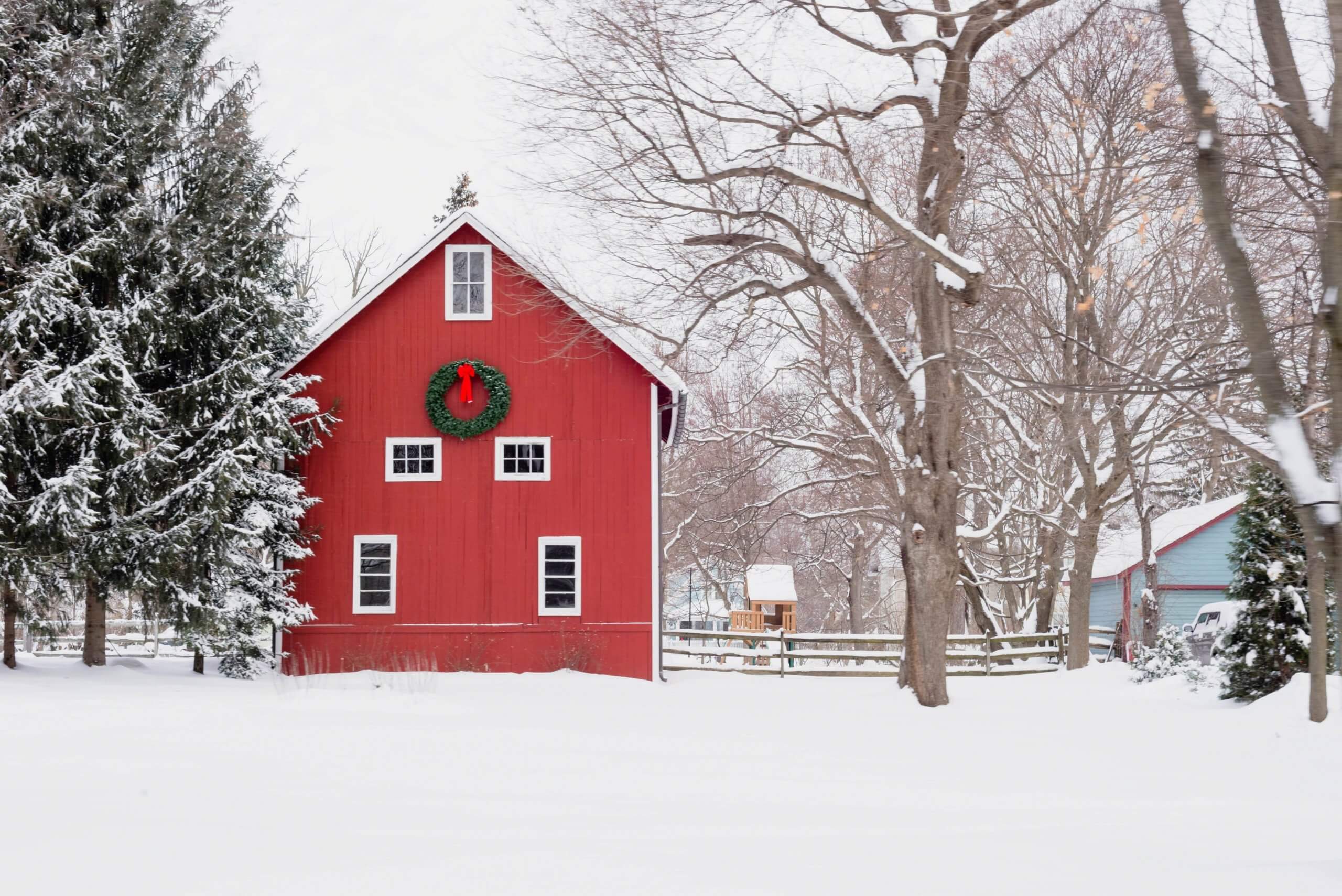
Winterizing Your Cape Cod Landscape: A Guide to Protecting Your Garden
As the colder months approach, it’s crucial to prepare your Cape Cod landscape for winter. By taking a few simple steps, you can protect your plants from harsh weather and ensure a healthy garden come spring.
Why Winterizing is Important
Neglecting to winterize your garden can lead to a variety of problems. Extreme cold can damage or kill plants, especially tender perennials and young trees. Frozen soil can damage root systems, making plants more susceptible to disease and pests. Additionally, heavy snow can weigh down branches and cause breakage.
Preparing Your Lawn
To protect your lawn from winter damage, it’s important to prepare it properly. Begin by giving your lawn a final mow before the first frost. A shorter lawn is less prone to snow mold, a fungal disease that can damage your grass. After mowing, apply a winterizing fertilizer to nourish your lawn and strengthen its root system. This will help it recover more quickly in the spring.
Aeration is a crucial practice for maintaining a healthy lawn. It involves puncturing the soil with small holes to reduce soil compaction and improve air, water, and nutrient exchange. Here are some of the key benefits of aerating your lawn:
- Improved Root Growth: By reducing soil compaction, aeration allows air, water, and nutrients to penetrate deeper into the soil, promoting healthy root growth. Deeper roots lead to a stronger, more drought-tolerant lawn.
- Enhanced Nutrient Absorption: Aeration helps fertilizers and other nutrients reach the root zone more effectively. This results in a greener, healthier lawn.
- Reduced Water Runoff: Aerated soil absorbs water more efficiently, reducing runoff and minimizing water waste.
- Thatch Reduction: Thatch, a layer of dead and decaying organic matter, can build up on your lawn and prevent air, water, and nutrients from reaching the soil. Aeration helps break up thatch and promote its decomposition.
- Improved Soil Health: Aeration stimulates beneficial soil microorganisms, which help break down organic matter and improve soil fertility.
Protecting Your Plants
While specific scientific studies on the long-term effects of winterizing lawns and gardens may be limited, the practices recommended by horticultural experts and organizations like the University of Minnesota Extension and the Ohio State University Extension are based on years of research and observation. These practices are widely accepted and proven to be effective in protecting plants from winter damage.
For instance, studies have shown that applying a winterizing fertilizer, rich in potassium, can help strengthen plant cell walls, making them more resistant to cold temperatures and frost. Additionally, mulching has been proven to effectively insulate plant roots, regulate soil temperature, and prevent moisture loss, which can significantly reduce winter injury.
While specific scientific studies may not be readily available for every aspect of winterizing, the consensus among horticultural experts and the widespread adoption of these practices support their efficacy in protecting plants from winter damage.
To protect your plants from harsh winter weather, consider the following tips:
- Mulching: Apply a thick layer of mulch around the base of trees, shrubs, and perennials to insulate their roots and protect them from freezing temperatures.
- Wrapping Tender Plants: Wrap tender plants, such as young trees and shrubs, with burlap or other protective materials to shield them from cold winds and frost.
- Watering: Before the ground freezes, water your plants deeply to help them withstand winter drought.


